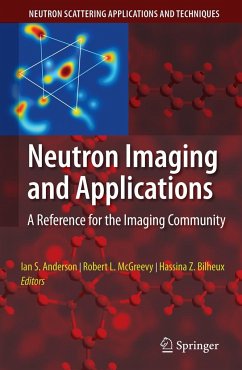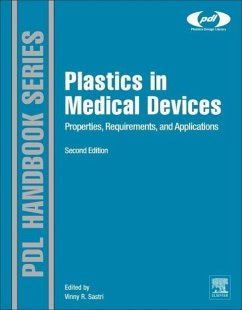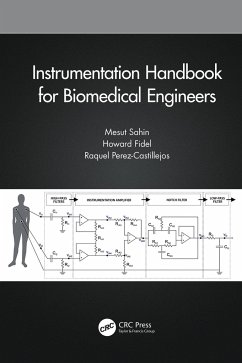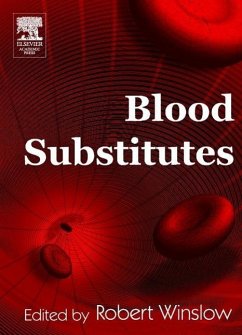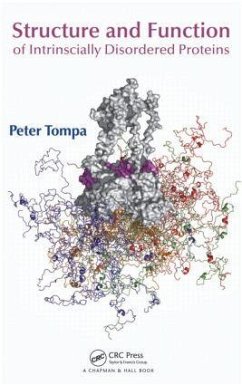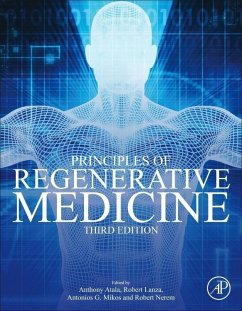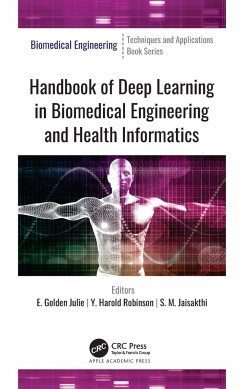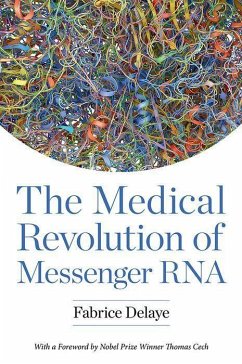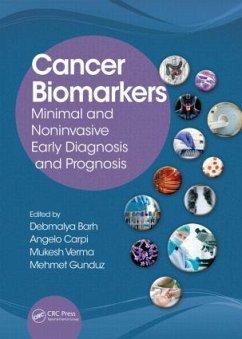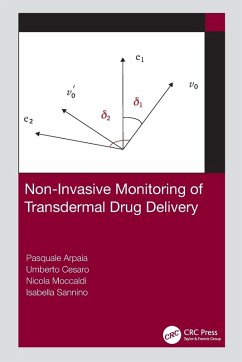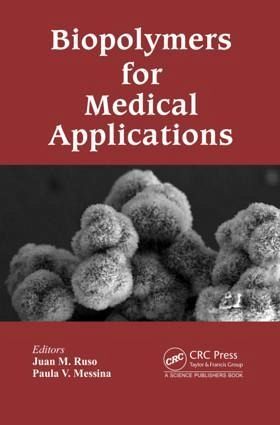
Biopolymers for Medical Applications

PAYBACK Punkte
171 °P sammeln!
This book presents an experimental and computational account of the applications of biopolymers in the field of medicine. Biopolymers are macromolecules produced by living systems, such as proteins, polypeptides, nucleic acids, and polysaccharides. Their advantages over polymers produced using synthetic chemistry include: diversity, abundance, relatively low cost, and sustainability. This book explains techniques for the production of different biodevices, such as scaffolds, hydrogels, functional nanoparticles, microcapsules, and nanocapsules. Furthermore, developments in nanodrug delivery, ge...
This book presents an experimental and computational account of the applications of biopolymers in the field of medicine. Biopolymers are macromolecules produced by living systems, such as proteins, polypeptides, nucleic acids, and polysaccharides. Their advantages over polymers produced using synthetic chemistry include: diversity, abundance, relatively low cost, and sustainability. This book explains techniques for the production of different biodevices, such as scaffolds, hydrogels, functional nanoparticles, microcapsules, and nanocapsules. Furthermore, developments in nanodrug delivery, gene therapy, and tissue engineering are described.




